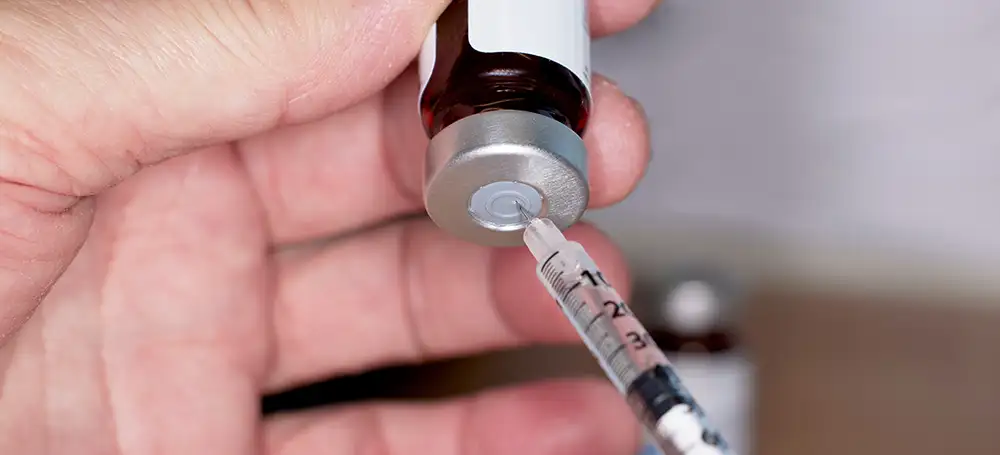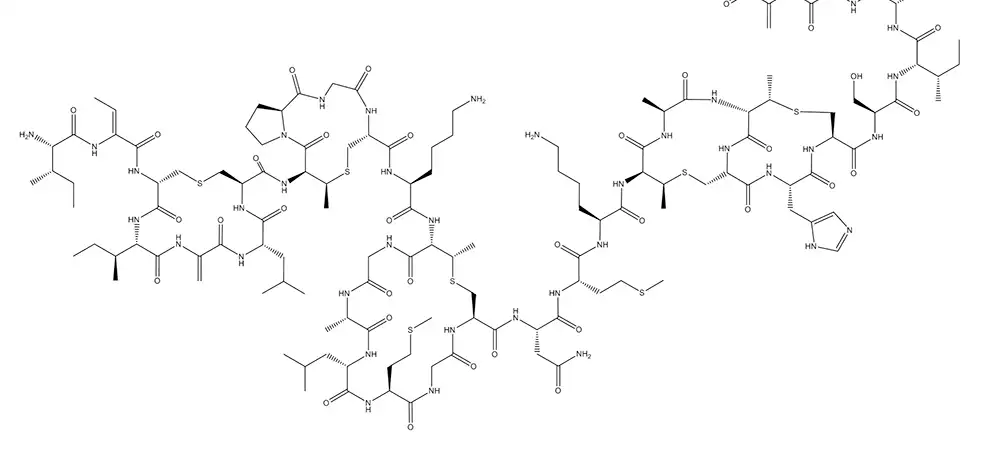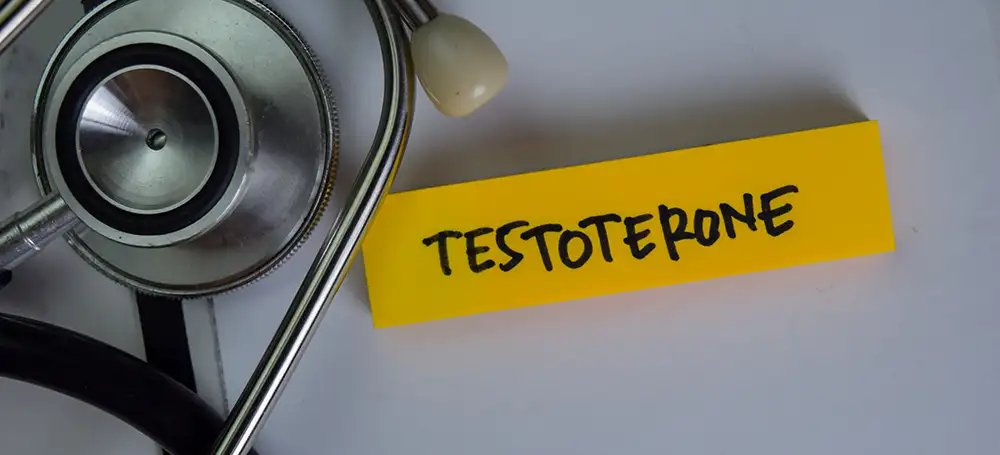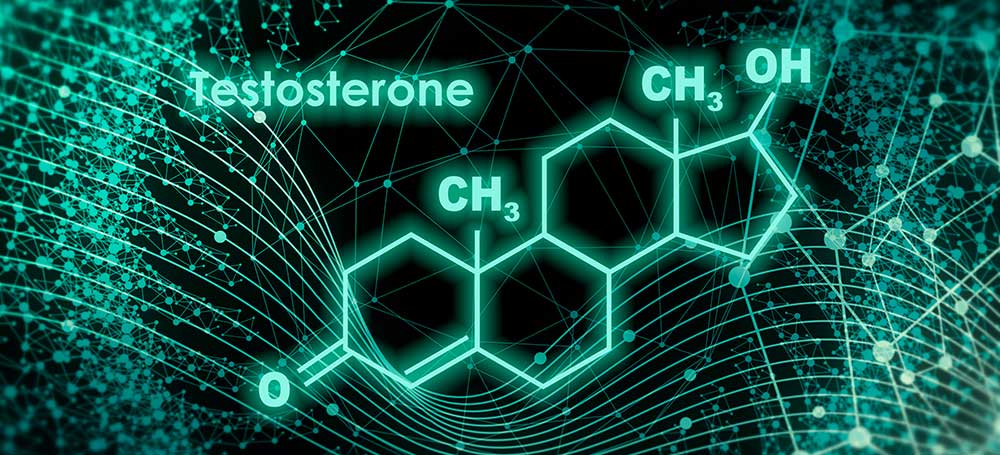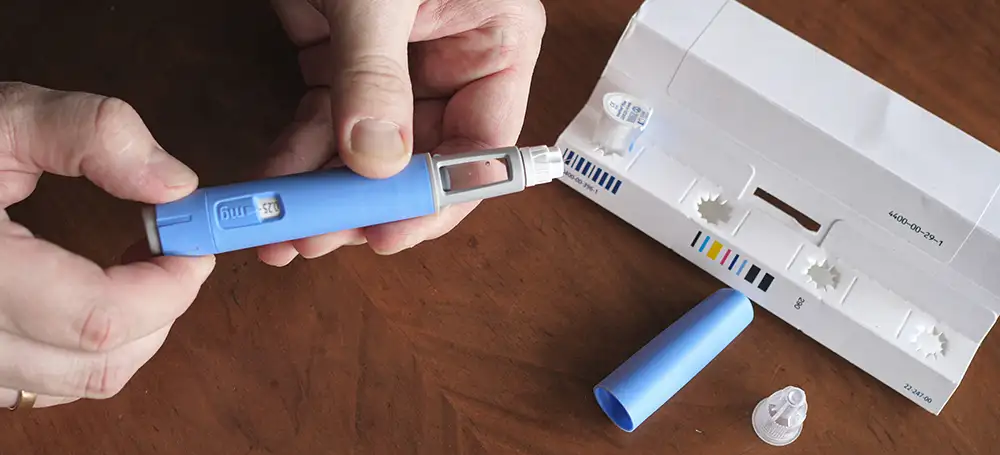Has A Link Emerged Between COVID-19 and Low Testosterone in Men?
Early studies indicate that Men with Low Testosterone may be in danger when it comes to COVID-19.
As COVID-19 continues to impact life in the US and around the world, researchers who are frantically searching for a vaccine have uncovered some interesting links that indicate the potential role that testosterone levels may play in both severity and frequency of the virus in men.
It’s pretty well established among scientists that men are impacted more, and more significantly, than women by COVID-19. The Sex, Gender, and COVID-19 Project tracks COVID-19 data globally and publishes reports every two weeks. As of November 3rd, 2020, their reports show that worldwide, men account for:
- 10% more of the total COVID-19 cases worldwide
- 20% more hospitalizations from COVID-19
- 80% more ICU admissions from COVID-19
- 40% more Deaths from COVID-19
Even when lifestyle factors are accounted for, the disparity between men and women’s recovery and survival rate when it comes to COVID-19 can be documented. While The Sex, Gender, and COVID-19 Project research doesn’t indicate specific reasons why men are impacted more by the virus, two other studies -one from Germany and one from Turkey – have shown that Low-T may be a significant factor on the rate and severity of COVID-19 in men.
COVID-19 May Lower Men’s Testosterone Levels
A study published in September 2020 in the peer-reviewed journal “The Aging Male” suggests that COVID-19 might “deteriorate men’s testosterone levels”. The study of patients hospitalized due to COVID-19 suggests that as men’s testosterone level decreases, they are significantly more likely to end up in the intensive care unit (ICU).
The study was conducted earlier in the year at the University of Mersin and the Mersin City Education And Research Hospital in Turkey. Researchers followed 438 patients who were admitted to the hospital with lab-confirmed cases of COVID-19. Of the 232 men that were studied, 46 were largely asymptomatic, 129 were admitted into the hospital’s Intermediate Care facility (IMc), and 46 were admitted into the Intensive Care Unit (ICU).
The researchers found that among all the male patients, their mean total testosterone levels decreased as the severity of the COVID-19 increased. The mean total testosterone level was significantly lower in patients admitted to the ICU compared to those who were asymptomatic and lower than those in the intermediate care (IMC) facilities as well.
Overall, more than half the male patients were experiencing symptoms of Low-T. According to the study’s author, Dr. Selahittin Cayan, Professor of Urology, at the University of Mersin and the Mersin City Education And Research Hospital in Turkey: “We found, Hypogonadism — a condition in which the body doesn’t produce enough testosterone – in 113 (51.1%) of the male patients.”
For comparison, pre-COVID-19 serum total testosterone levels among patients significantly decreased from a range of 458 to 198 ng/dl down to 315 to 120 ng/dl when tested after being diagnosed with COVID-19.
Dr. Cayan also added that among the patients who died, all had significantly lower mean total testosterone. Even among the asymptomatic group of patients, 65.2% suffered from a loss of libido.
While still in the early stages of research, Dr. Cayan suggested that Testosterone therapy could provide some level of treatment for men diagnosed with COVID-19 and recommends measuring Testosterone levels as part of the diagnostic process.
“It could be recommended that at the time of COVID-19 diagnosis, testosterone levels are also tested. In men with low levels of sex hormones who test positive for COVID-19, testosterone treatment could improve their prognosis. More research is needed on this.”
Men with Low T at a “far greater risk of dying from the Virus.”
Another study conducted in the spring of 2020 in Germany also indicated that testosterone levels might play a role in the severity of COVID-19 in men. The study followed 45 patients in and found that “men with low testosterone levels that contract COVID-19 are at far greater risk of dying from the virus.”
Hospital researchers observed 45 patients admitted to the ICU with laboratory-confirmed COVID-19 at the University Medical Center Hamburg-Eppendorf. There were thirty-five men, and ten were women, each with varying degrees of severity. Of the 35 men who were tested, more than two-thirds of them registered low levels of testosterone. Nine of the men in the study ultimately died from COVID, and among that group, the majority were also found to have low testosterone.
It’s understood that testosterone plays a key role in regulating the body’s immune response. For men with low levels of testosterone, the immune system can be harder to regulate, causing it to ‘malfunction’ and attack an infection with a significantly higher response than need. This is called a ‘cytokine storm,’ and as the doctors in Germany revealed, it can be fatal.
Professor Gülsah Gabriel from the Leibniz Institute for Experimental Virology in Hamburg was one of the researchers involved in the study. He told reporters from MailOnline.com: ‘The majority of male COVID-19 patients had low testosterone levels. Of those male COVID-19 patients who died, the majority also had low testosterone levels.”
Dr. Gabriel continued, “.low testosterone levels in men seem to be a risk factor for severe and even fatal disease outcome in men upon infection with so-called “cytokine inducing” respiratory viruses.”
Maintaining Your Testosterone Levels for Better Living
While no-one is suggesting that Testosterone Replacement Therapy (TRT) is a silver-bullet cure-all for COVID-19, it does make sense for men, particularly those who are older, to monitor your Testosterone levels. Low-Testosterone can weaken your immune system, reduce sleep, increase stress, and several other symptoms that can increase your risk factor for contracting any type of virus – from the common cold to COVID-19.
If it turns out that you have low testosterone, Boston Vitality can help. We have several Testosterone Replacement Therapy options available, and they can be customized to meet your specific needs., Dr. Michael Zachareas, is a board-certified urologist and a highly respected expert in men’s health in the Boston area. He has helped thousands of men look and feel their best.
For more information about how you can arrange a convenient test at a lab site near you and then schedule an initial consultation, please call 781-399-LowT (5698) today to get started.




